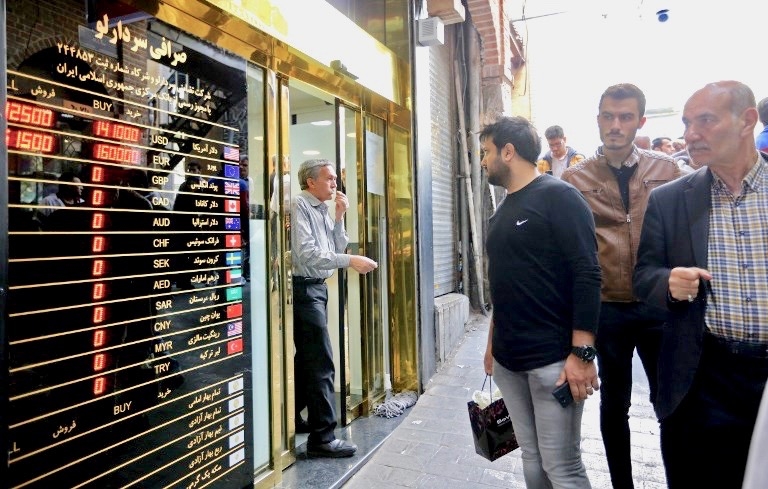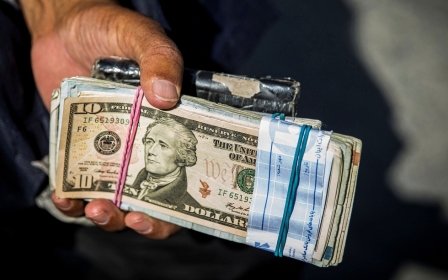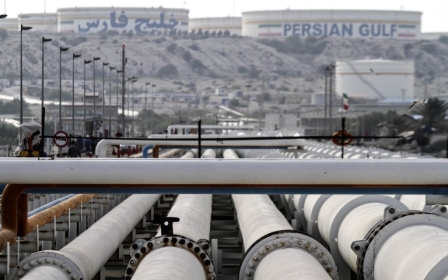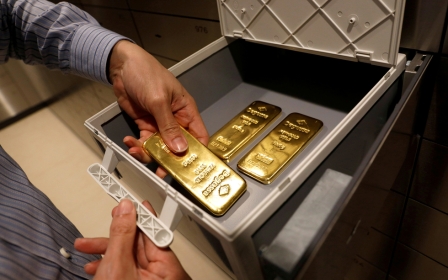Iran courts jail 30 men for economic crimes after public outcry against corruption

Fast-track courts set up in Iran to fight economic crime have jailed 30 men for as long as 20 years each, the judiciary said on Sunday, as the country faces renewed US sanctions and a public outcry against profiteering and corruption.
The new Islamic revolutionary courts - whose rulings cannot be appealed, except for death sentences - were set up in August after Supreme Leader Ayatollah Ali Khamenei called for "swift and just" legal action to confront an "economic war" by foreign enemies, Reuters reported.
Judiciary spokesman Gholamhossein Mohseni Ejei, quoted by the body's news website Mizan, said 29 Iranians and an Afghan foreign exchange dealer were found guilty of crimes including bribery, embezzlement and "disrupting the economy".
Iran’s rial currency has lost about 65 percent of its value in 2018 amid revived US sanctions, with strong demand for dollars and gold coins on the unofficial market from ordinary Iranians trying to protect their savings. The cost of living has also soared, provoking sporadic demonstrations against profiteering and corruption.
Iranian officials have accused arch-foes the United States and Israel, as well as regional rival Saudi Arabia and government opponents living in exile, of fomenting unrest and waging an economic and media war to destabilise Iran.
Many of the jailed men were also fined, sentenced to lashes and had the "ill-gotten" portion of their assets seized, Ejei said.
Iran's supreme court upheld the death sentence of a businessman for economic crimes, Ejei added, weeks after the execution of two traders on similar charges.
Still, rights group Amnesty International condemned Iran's execution last month of the gold trader and his accomplice as "abhorrent" and said it followed a "grossly unfair show trial".
Vahid Mazloomin and accomplice Mohammad Esmail Ghasemi were executed after being found guilty of "corruption on earth," Iran's most serious capital offence - for "forming and running a network for disrupting the economy," said the judiciary's news agency Mizan online.
Mazloomin had been dubbed the "Sultan of Coins" for allegedly exploiting a surge in gold demand from savers spooked by this year's currency crisis in Iran.
"With these abhorrent executions the Iranian authorities have flagrantly violated international law," said Philip Luther, Amnesty's Middle East and North Africa research director.
"These men were convicted after a grossly unfair show trial that was broadcast on state television," he said, adding that international law forbids the death penalty for non-lethal crimes.
New MEE newsletter: Jerusalem Dispatch
Sign up to get the latest insights and analysis on Israel-Palestine, alongside Turkey Unpacked and other MEE newsletters
Middle East Eye delivers independent and unrivalled coverage and analysis of the Middle East, North Africa and beyond. To learn more about republishing this content and the associated fees, please fill out this form. More about MEE can be found here.




